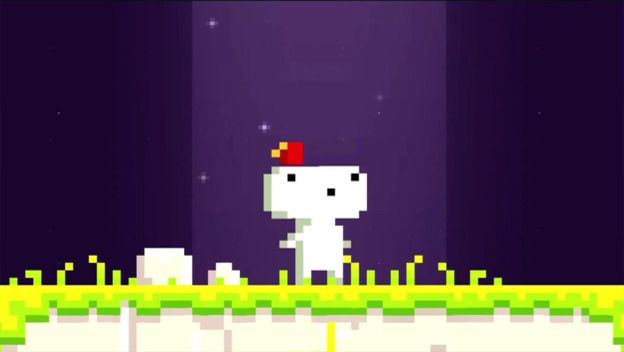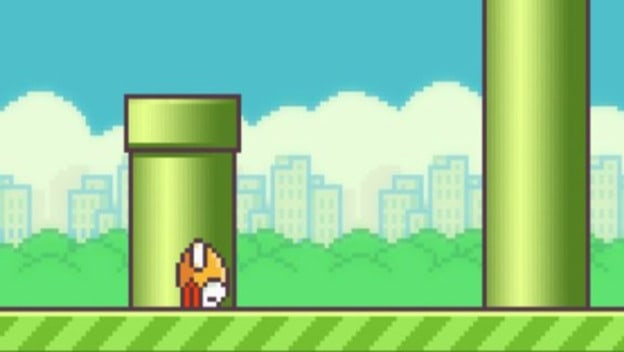This past weekend, Flappy Bird creator Dong Nguyen set the gaming world on fire when he made the controversial decision to remove the popular mobile game from Apple’s infamous App store. As Nguyen stated on Twitter , the main reason why he took this action was simply so he can bring more order to his life and not have to deal with the intense pressure that comes with fame.
Prior to this decision, it was reported that Nguyen was making roughly $50,000 a day off of in-game advertising. To add further insult to injury, Flappy Bird also came under scrutiny by several industry insiders who claimed that the game’s art style looked like it was taken directly from an old school Super Mario Bros. video game. Watching all of this happen in such a short span of time, I was easily reminded of another game developer who also complained about the high price of fame and took drastic measures to separate himself from the situation.
Last July, Polytron’s Phil Fish shocked the masses when he announced that Fez II was cancelled and he was quitting game development altogether. Very similar to Nguyen’s argument, Fish claimed that he was tired of being abused by the industry and that the everyday pressure of living up to the audiences expectations had finally taken a toll on him. A majority of these issues stemmed from his public criticisms about Microsoft and his personal decision not to patch a game-crashing bug that kept occurring on the XBLA version of Fez . Many also speculated that his retirement was the direct result of a Game Trailers video that was released in which Marcus Beer called out Fish and Jonathan Blow for failing to comment on indie game self-publishing through the Xbox One.
When comparing both of the situations listed above, one can’t help but wonder why game developers are so sensitive when it comes to receiving feedback on their games. Just like any artist who puts his or her work on display for all to see, there has to be some level of expectation that not everyone will like it. In the case of Phil Fish, announcing that a patch was in the works and failing to deliver was probably not a smart move on his part. While I personally think he deserved some of the negative feedback he received, I definitely don’t think him quitting was warranted.

Unlike Fish, Nguyen has already stated that he still fully intends to make games. He described Flappy Bird as an experiment that he never fully intended to be successful in the first place. My advice to him moving forward would be a suggestion that he should reevaluate if he even wants to be a game developer and not cringe at thought of one of his games becoming too popular or successful after launch.
Coming full circle, the one lesson that can be learned from all of this is that both positive and negative criticisms are meant to motivate developers instead of turning them away. Fish and Nguyen could have learned from these experiences and created better games. While both of their approaches to each situation where different, the bottom line is that they only proved to be selfish and way too sensitive in regards to both products. Hopefully this is a trend that begins and ends with them, as the people who buy and support these games deserve better than this.
